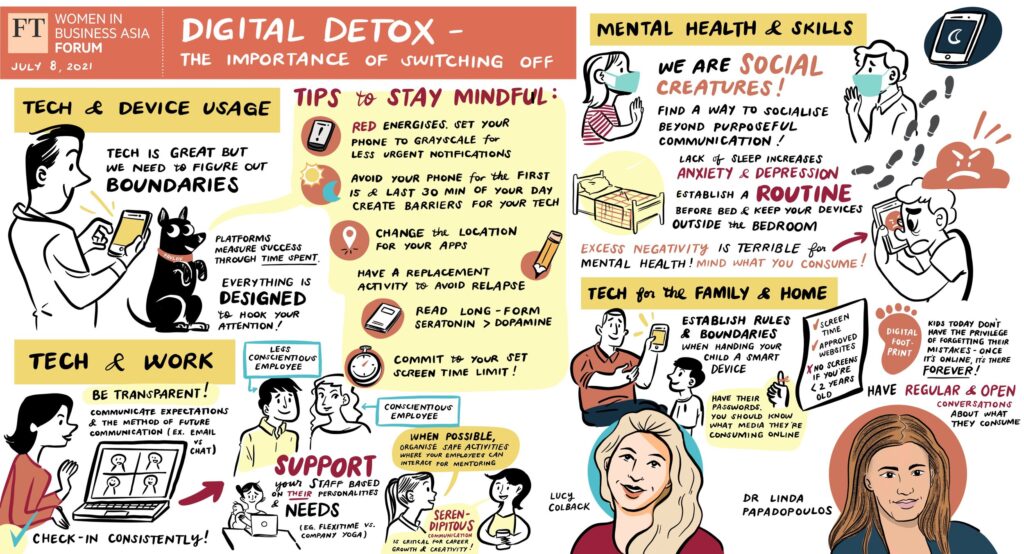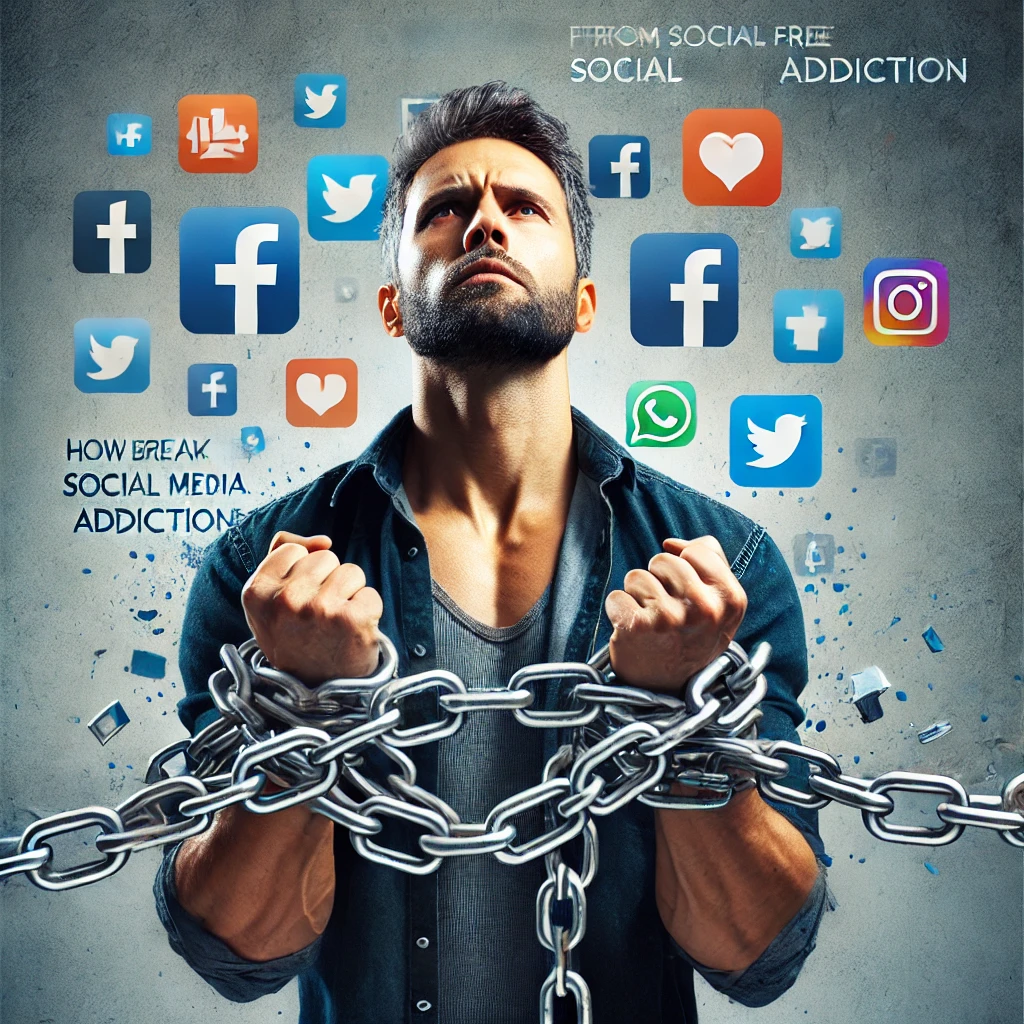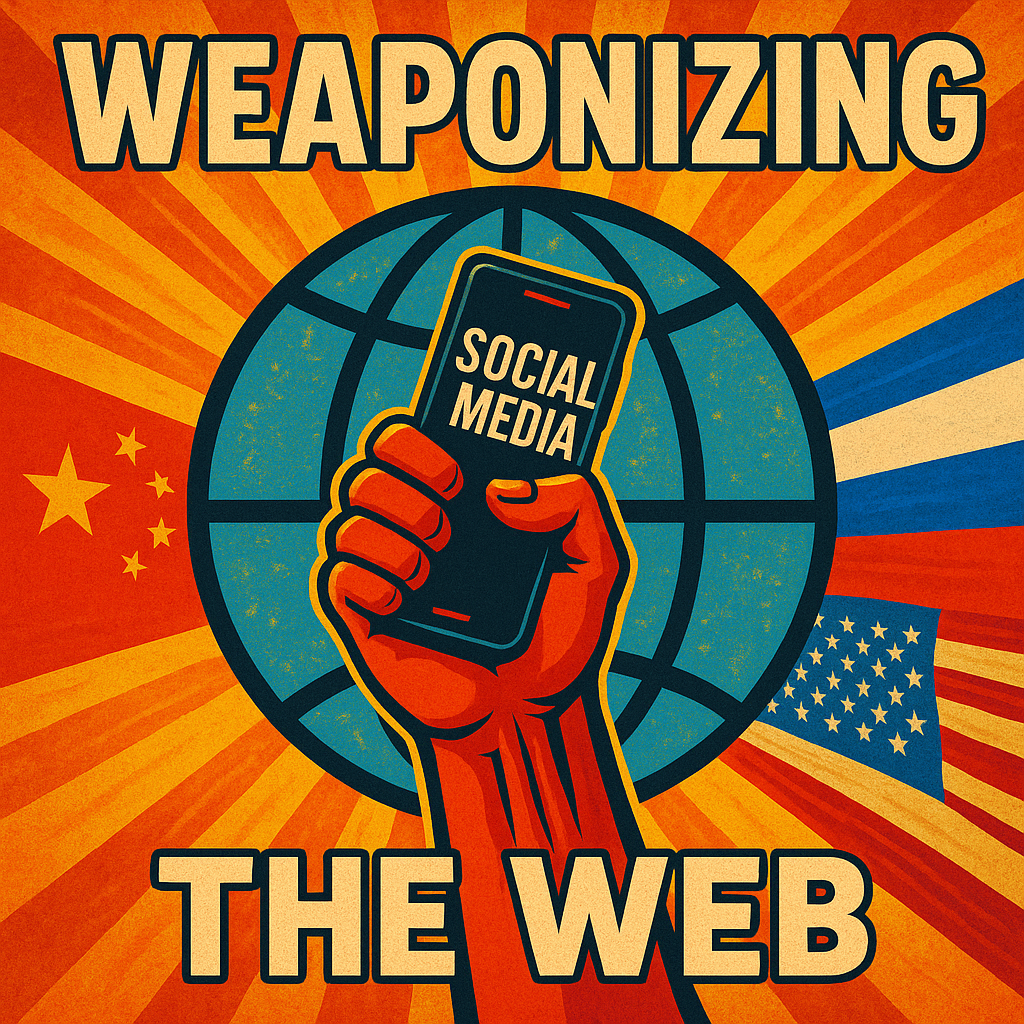A Practical Guide for Men of All Ages to Social Media Addiction
Social Media Addiction – In today’s hyper-connected world, social media has become an integral part of our daily lives. While it offers opportunities for connection, entertainment, and information, excessive use can lead to addiction, negatively impacting mental health, productivity, and relationships. For men, who often face societal pressures to appear strong and self-reliant, the psychological toll of social media addiction can be particularly insidious.
In this article, we’ll explore the psychological impacts of social media addiction, provide practical strategies to break free, and share expert insights to help you reclaim your time, focus, and mental well-being.
The Psychological Impact of Social Media Addiction
Why Social Media is Addictive
Social media platforms are designed to keep you hooked. Features like infinite scrolling, notifications, and personalized content trigger dopamine release in the brain, creating a cycle of reward and reinforcement. Over time, this can lead to compulsive behavior and addiction.
Expert Insight:
“Social media platforms exploit our brain’s reward system by providing intermittent reinforcement—likes, comments, and shares—that keep us coming back for more,” says Dr. Anna Lembke, a psychiatrist and author of Dopamine Nation. “This can lead to a loss of control and negative consequences in other areas of life.”
Mental Health Consequences
For men, the impact of social media addiction can manifest in several ways:
- Increased Anxiety and Depression: Constant comparison to others’ curated lives can lead to feelings of inadequacy and low self-esteem.
- Reduced Productivity: Excessive scrolling can eat into time that could be spent on meaningful activities or work.
- Social Isolation: Ironically, overuse of social media can lead to fewer real-life connections, exacerbating loneliness.
Study Reference:
A 2018 study published in the Journal of Social and Clinical Psychology found that limiting social media use to 30 minutes per day significantly reduced symptoms of anxiety, depression, and loneliness.
Practical Strategies to Break Free from Social Media Addiction
Breaking free from social media addiction requires a combination of self-awareness, discipline, and actionable strategies. Here are some practical steps to help you regain control:
1. Acknowledge the Problem of Social Media Addiction
The first step to overcoming addiction is recognizing that it exists. Track your social media usage using tools like Screen Time (iOS) or Digital Wellbeing (Android) to understand how much time you’re spending online.
Tip: Set a daily limit for social media use and stick to it. Start by reducing your usage by 30 minutes each day.

2. Create a Social Media Addiction Detox Plan
A social media detox can help reset your relationship with these platforms. Start with a short break—24 to 48 hours—and gradually extend it to a week or more.
Expert Insight:
“A detox allows your brain to recalibrate and reduces the constant craving for digital validation,” says Dr. Nicholas Kardaras, a psychologist and author of Glow Kids. “It’s a chance to reconnect with the real world.”
Actionable Steps:
- Delete social media apps from your phone during the detox.
- Replace scrolling with activities like reading, exercising, or spending time with loved ones.
3. Set Boundaries and Stick to Them
Establish clear rules for when and how you use social media. For example:
- No social media during meals or family time.
- Avoid checking your phone first thing in the morning or before bed.
Tip: Use app blockers like Freedom or StayFocusd to restrict access during designated times.
4. Curate Your Feed
Unfollow accounts that trigger negative emotions or unhealthy comparisons. Instead, follow pages that inspire, educate, or motivate you.
Expert Insight:
“Your social media feed should reflect your values and goals, not someone else’s highlight reel,” says Dr. Cal Newport, author of Digital Minimalism. “Be intentional about what you consume.”
5. Engage in Real-Life Activities
Replace screen time with activities that bring joy and fulfillment. Whether it’s pursuing a hobby, exercising, or spending time with friends, real-life experiences can help break the cycle of addiction.
Study Reference:
A 2020 study in Computers in Human Behavior found that individuals who engaged in offline activities reported higher levels of life satisfaction and lower levels of social media dependency.
6. Practice Mindfulness
Mindfulness techniques, such as meditation or deep breathing, can help you become more aware of your social media habits and reduce the urge to scroll mindlessly.
Tip: Try apps like Headspace or Calm to incorporate mindfulness into your daily routine.
7. Seek Professional Help for Social Media Addiction
If social media addiction is severely impacting your mental health or daily life, consider seeking help from a therapist or counselor. Cognitive-behavioral therapy (CBT) has been shown to be effective in treating digital addiction.
Expert Insight:
“Therapy can help you identify the underlying reasons for your addiction and develop healthier coping mechanisms,” says Dr. David Greenfield, founder of the Center for Internet and Technology Addiction.
The Role of Social Media in Men’s Mental Health
Men are often less likely to seek help for mental health issues, making them particularly vulnerable to the negative effects of social media addiction. The pressure to project an image of success and strength can lead to feelings of inadequacy when comparing themselves to others online.
Expert Insight:
“Men are socialized to avoid showing vulnerability, which can make it harder to admit they’re struggling with social media addiction,” says Dr. Michael Addis, a psychologist specializing in men’s mental health. “Breaking free requires acknowledging the problem and taking proactive steps to address it.”
Reclaiming Your Time and Mental Well-Being
Social media addiction is a modern challenge, but it’s one that can be overcome with the right strategies and mindset. By acknowledging the problem, setting boundaries, and engaging in meaningful offline activities, you can break free from the grip of social media and reclaim your mental well-being.
Call to Action:
If you’re ready to take control of your social media use, start today by tracking your usage and setting a daily limit. For more resources on digital wellness, check out our guide to mindful technology use and how to build healthier habits.
Remember, the goal isn’t to eliminate social media entirely but to use it intentionally and in moderation. By doing so, you can enjoy its benefits without letting it control your life. Stay strong, stay focused, and take back your time! 🌟




